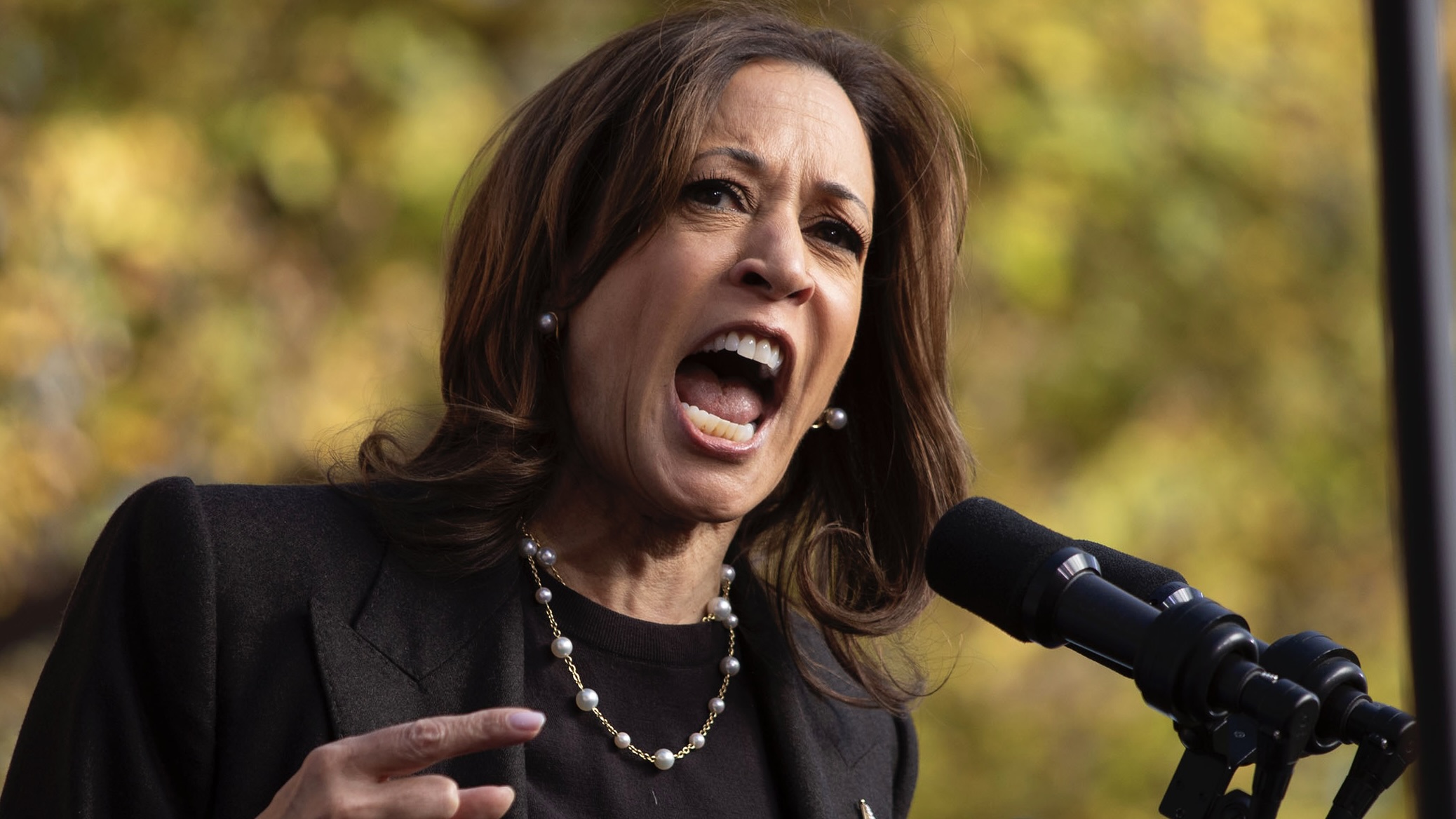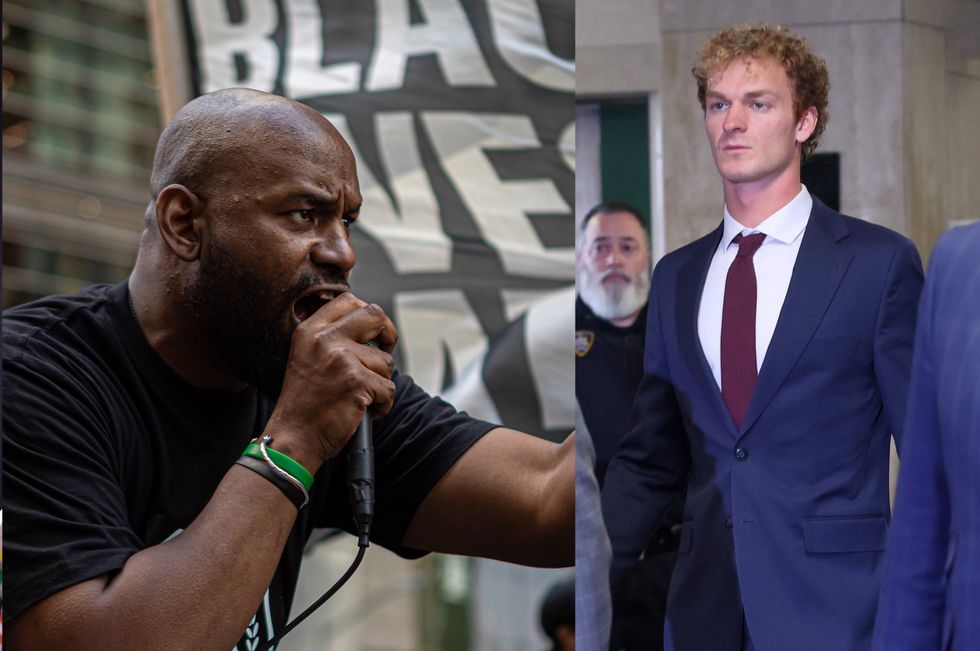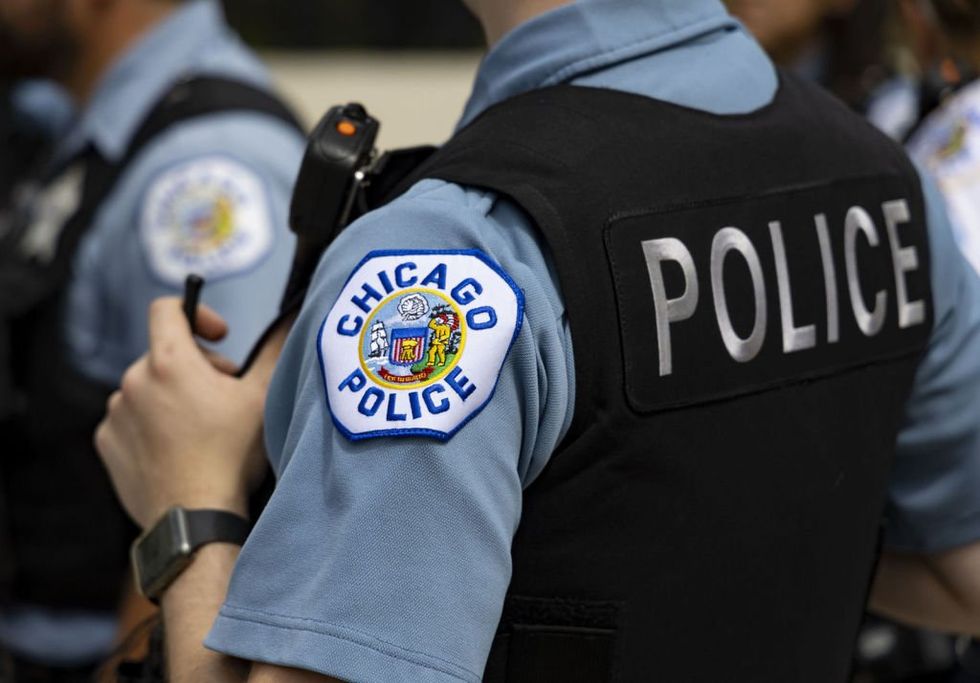Here’s What Kamala Was Saying About Gaza As Sinwar Cited White House Pressure To Reject Hostage Deal
Following the death of Hamas leader Yahya Sinwar, a new revelation has emerged about his rationale for rejecting generous negotiations to release Israeli hostages: the tides were turning against Israel’s Hamas offensive in the United States. On March 26, Sinwar and Hamas rejected Israel’s offer to pause its counteroffensive in Gaza for six weeks and ...

Following the death of Hamas leader Yahya Sinwar, a new revelation has emerged about his rationale for rejecting generous negotiations to release Israeli hostages: the tides were turning against Israel’s Hamas offensive in the United States.
On March 26, Sinwar and Hamas rejected Israel’s offer to pause its counteroffensive in Gaza for six weeks and release approximately 700 Palestinian prisoners in exchange for the release of 40 Israeli hostages. According to the Wall Street Journal, Sinwar argued to Hamas officials that the terror group had the upper hand in negotiations, partly due to increasing U.S. pressure to alleviate suffering in Gaza. It was part of his argument for holding the line in hostage negotiations, even as Israeli forces wiped out terrorists.
Where was this pressure coming from in the United States?
In the days leading up to Hamas’s rejection of a ceasefire deal, Vice President Kamala Harris ramped up her criticism of the Israeli government, taking an even firmer stance than President Joe Biden, who was caught on a hot mic that month saying he told the Israeli Prime Minister they would have a “come to Jesus meeting.”
On March 3, Harris harshly criticized Israel in a Selma, Alabama speech, where she demanded an “immediate ceasefire,” calling the images from Gaza “devastating.” She claimed Palestinians were shot when approaching trucks carrying humanitarian aid. The IDF stated that Palestinians were killed or injured when stampeding each other.
Also in March, Harris accused Israel of imposing unnecessary restrictions on humanitarian aid and called for a ceasefire without tying the release of more than a hundred Israeli hostages as a precondition. Members of the National Security Council reportedly toned down parts of the original speech draft which was harsher on Israel, NBC News reported.
On March 3, Harris took to X to reiterate her call for a ceasefire, calling the situation in Gaza “devastating” and saying “our common humanity compels us to act.” The post made no mention of the hostages.
A day later, Harris met with Israeli politician and Netanyahu rival Benny Gantz, then a member of Netanyahu’s war cabinet, who traveled to Washington in defiance of the prime minister.
On March 9, Harris alluded to her frustration with the Israeli government, stating that it was important to not “conflate the Israeli government with the Israeli people,” in an interview on CBS.
She added that the United States will stand for the security of Israel but will “do what we have done behind closed doors and in public around forcing a better path forward in terms of what’s happening currently in Gaza.”
On March 24, Harris said she did not rule out “consequences for Israel” if it launched a ground invasion into Rafah to fight Hamas, calling any such offensive a “huge mistake.”
“We have been clear in multiple conversations and in every way that any major military operation in Rafah would be a huge mistake,” Harris said in an interview on ABC News. “I have studied the maps. There’s nowhere for those folks to go.”
When asked about consequences if Israel invaded, Harris said her administration has “been very clear in terms of our perspective on whether or not that should happen” adding that she was “ruling out nothing.”
Israel did subsequently invade Rafah, finding six hostages murdered shortly before the IDF discovered them, with a bunker that had Sinwar’s DNA close by, reported the Times of Israel. Sinwar was killed in Rafah on October 16.
To make matters worse, on March 25, the United States abstained from a vote in the UN Security Council vote that demanded a ceasefire during Ramadan, without condemning Hamas or linking the release of hostages as a precondition to the ceasefire.
This vote marked a departure from previous U.S. vetoes of similar resolutions and led to Israeli Netanyahu’s office canceling a high-level delegation’s planned visit to the United States.
Harris’s stepdaughter, Ella Emhoff was meanwhile fundraising for the United Nations Relief and Works Agency (UNRWA) during March, which has its U.S. funding suspended over its ties to terror groups in Gaza. Nine UNRWA employees were found to have possible involvement in Hamas’s October 7 attack on Israel that included kidnappings, rape, and massacres.
Originally Published at Daily Wire, World Net Daily, or The Blaze
What's Your Reaction?

































































































